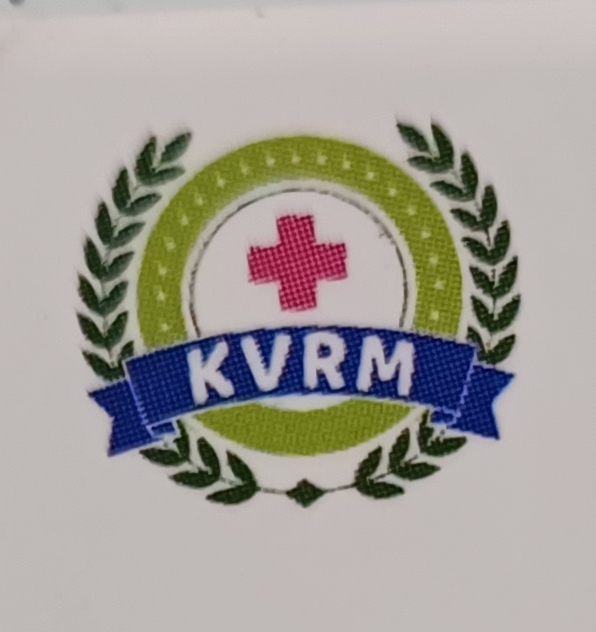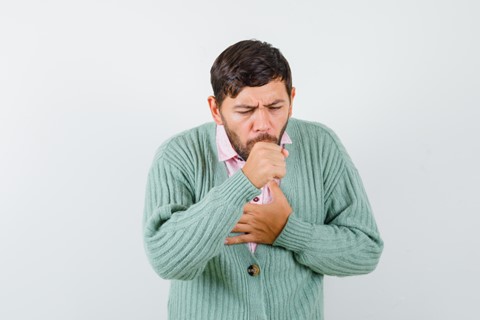Tuberculosis, commonly known as TB, is a contagious disease caused by the bacteria Mycobacterium tuberculosis. This disease primarily affects the lungs but can also affect other parts of the body, such as the brain, kidneys, and spine. Tuberculosis is spread through the air when an infected person coughs or sneezes. It is important to recognize and combat this disease early on to prevent it from spreading and causing serious health complications. In this blog, we will discuss how to recognize and combat tuberculosis.
Recognizing the Symptoms: The symptoms of tuberculosis can vary depending on the part of the body that is affected. The most common symptoms of TB are coughing that lasts for three weeks or more, chest pain, and coughing up blood. Other symptoms include fatigue, weight loss, loss of appetite, fever, and night sweats. If you experience any of these symptoms, it is important to consult a healthcare professional.
Getting Tested: If you suspect that you have TB or have been exposed to someone with the disease, it is important to get tested. The most common test for TB is a skin test called a Mantoux test. This test involves injecting a small amount of purified protein derivative (PPD) under the skin and then checking for a reaction after 48 to 72 hours. Another test for TB is a blood test called interferon-gamma release assays (IGRAs).
Treatment: If you are diagnosed with tuberculosis, it is important to begin treatment as soon as possible to prevent the disease from spreading and causing serious health complications. Treatment for TB involves taking a combination of antibiotics for six to nine months. It is important to take all the antibiotics as prescribed, even if you start to feel better, to prevent the bacteria from becoming resistant to the medication.
Prevention: Preventing the spread of tuberculosis is crucial in controlling the disease. If you have TB, it is important to cover your mouth and nose when coughing or sneezing and to stay home until you are no longer contagious. If you are in close contact with someone who has TB, you may be advised to take preventive medication to reduce your risk of getting infected.
Tuberculosis is a serious disease that can cause significant health complications if left untreated. Recognizing the symptoms, getting tested, and starting treatment early can prevent the disease from spreading and causing further harm. It is important to take steps to prevent the spread of tuberculosis by covering your mouth and nose when coughing or sneezing and staying home when you are contagious. By working together, we can combat tuberculosis and keep our communities healthy.


